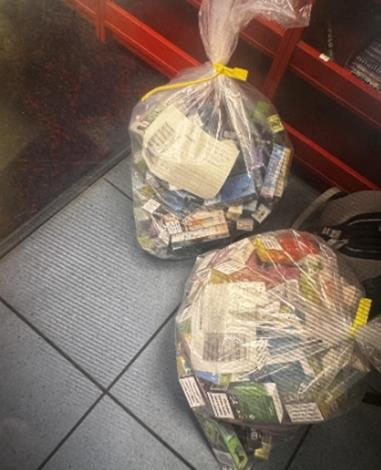
A new focus on illicit products and money laundering by the National Crime Agency (NCA) has yielded significant results.
The initiative, dubbed Operation Machinize, and first covered by a BBC investigation, involved visiting 265 premises over three weeks, resulting in 35 arrests.
NCA officers seized more than £40,000 in cash, 200,000 cigarettes, 7,000 packs of tobacco, over 8,000 illegal vapes and two vehicles. Two cannabis farms were also found, containing a total of 150 plants. Ten shops have been shut, with further closures expected as a result of on-going investigations.
As well as the seizure of illicit cigarettes and vapes, the officers found links to illegal immigration and drug dealing. The operation also saw 55 individuals questioned about their immigration status and a further 97 individuals safeguarded in relation to potential modern slavery.
The NCA believes hat £12bn of criminal cash in generated in the UK annually, with criminals using cash-intensive businesses such as barbershops, vape shops, nail bars, American-themed sweet shops and car washes to launder the money.
Deputy Director of the National Economic Crime Centre at the NCA, Rachael Herbert praised the results. “Operation Machinize targeted barbershops and other high street businesses being used as cover for a whole range of criminality, all across the country,” she said. “We have seen links to drug trafficking and distribution, organised immigration crime, modern slavery and human trafficking, firearms, and the sale of illicit tobacco and vapes.
“We know cash-intensive businesses are used as fronts for money laundering, facilitating some of the highest harm and highest impact offending in the UK. Here at the National Economic Crime Centre, we coordinate UK-wide action, and lead cross-system efforts to make our financial system more resilient.
“The excellent results from the first iteration of Operation Machinize are testament to the tireless work of officers across the country, and demonstrate our resolve to clamp down on organised criminality abusing the high street.”
Commenting on the investigation, Jessica Merryfield, head of policy and campaigns at Chartered Trading Standards Institute (CTSI), and a Chartered Trading Standards Practitioner, said: “In our most recent survey of CTSI members, the presence of organised crime groups in local high streets is identified as the biggest emerging threat to consumers and businesses. Locally placed Trading Standards are plugged into those local issues. They want to be part of the solution to solve those issues as they are there to protect the public. Due to their local knowledge and connections, Trading Standards can often use their unique legal powers of entry to help gain access to premises when carrying out multi-agency activity, such as investigating and uncovering fake shops and the illegal activities carried on at those premises. So, local Trading Standards services are a critical piece of the puzzle when tackling criminal activities on Britain’s high streets.
“It is important that the Government put consumer protection at the heart of their plans for economic growth by making effective laws for Trading Standards and other agencies to use in tackling the issues that stunt that growth and undermine consumer confidence, such as the rise of fake shops. By ensuring all the agencies involved have sufficient resources and investment to effectively deal with them and the problems they cause, the high street remains a safe and protected place for our communities. Trading Standards can then enforce, but only against the laws and powers that are there and with sufficient resources to have the impact needed.”

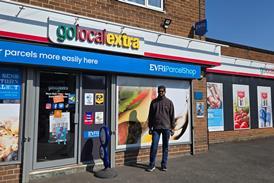




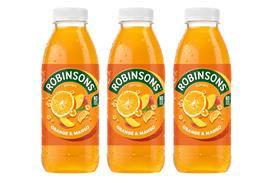
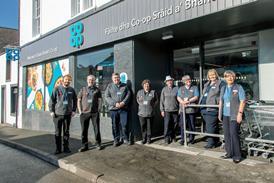
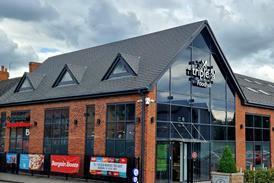
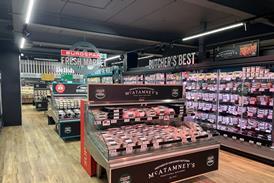

![WG-4003[58]](https://d2dyh47stel7w4.cloudfront.net/Pictures/274x183/4/5/1/353451_wg400358_6083.jpg)














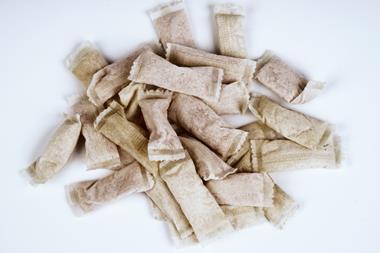
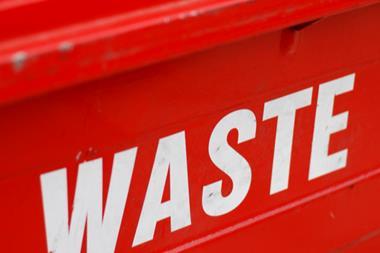

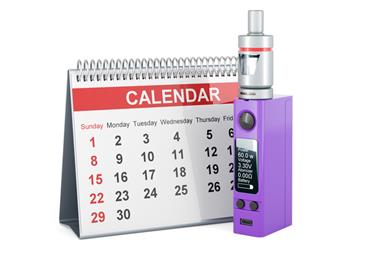
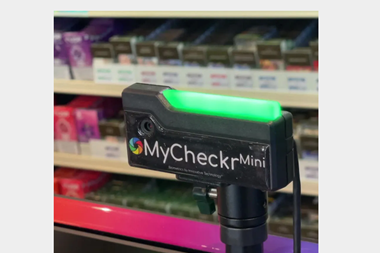

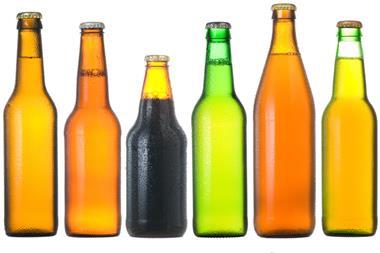
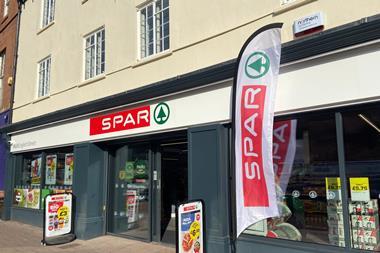
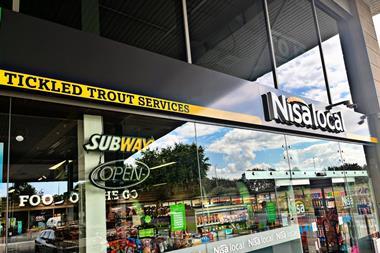
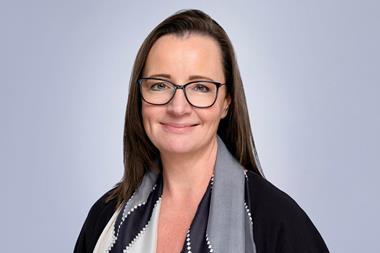

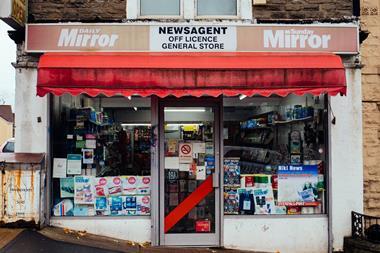





1 Readers' comment